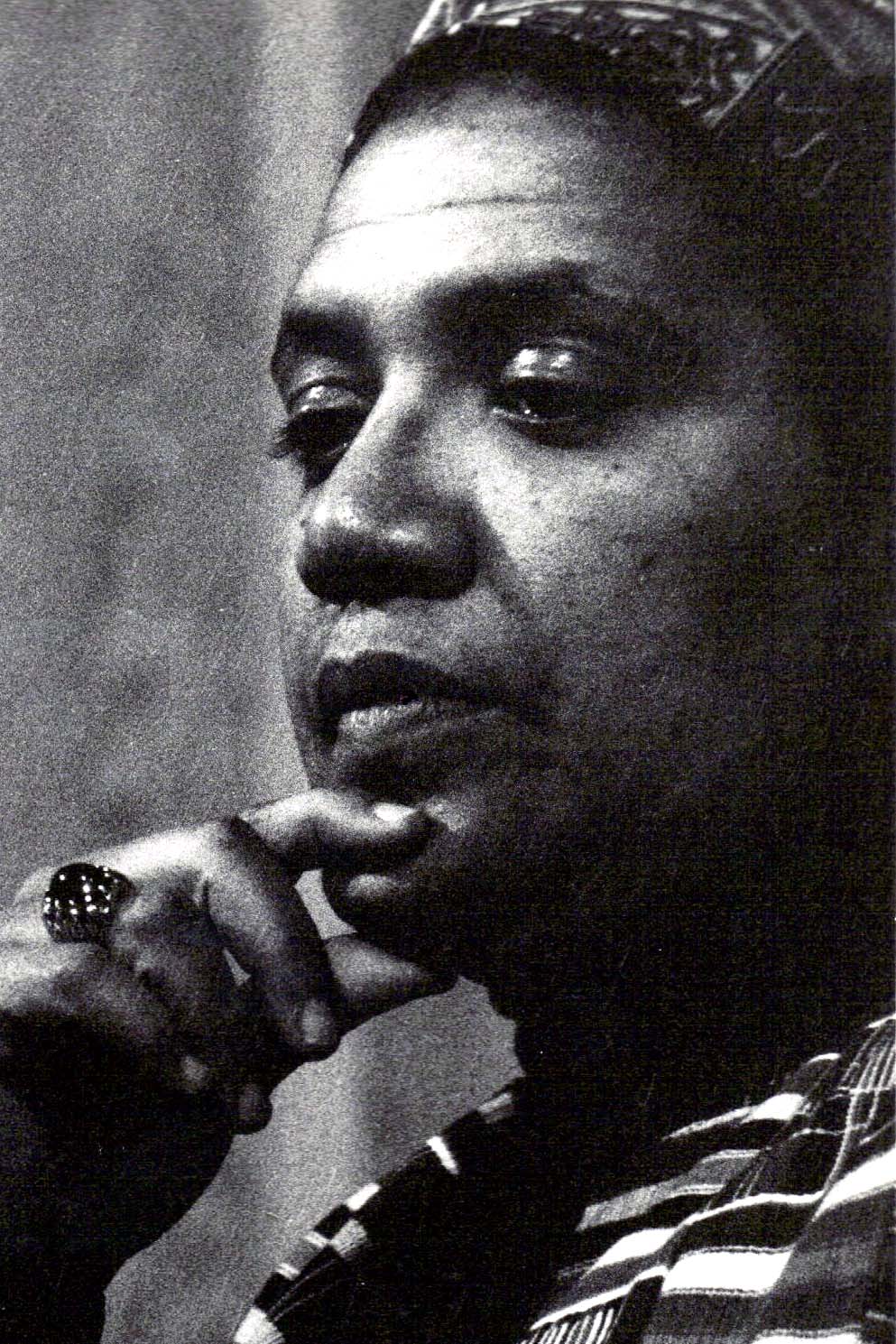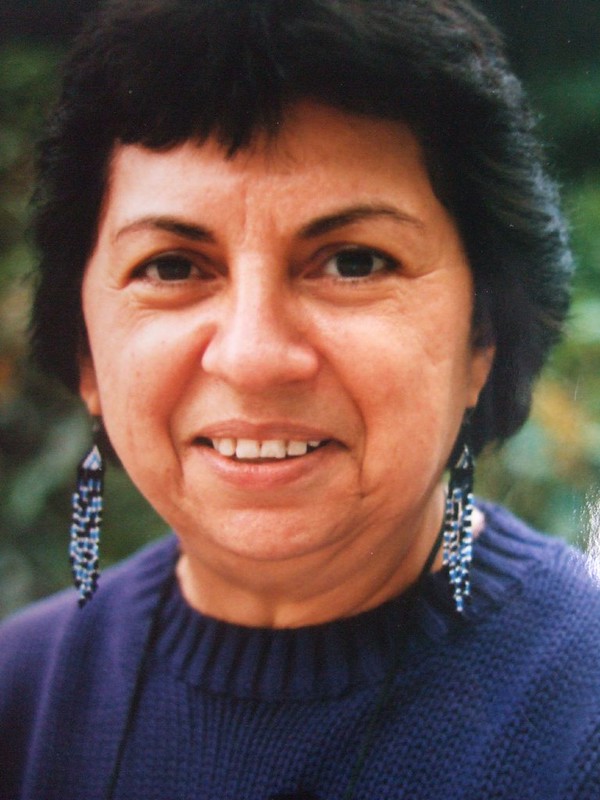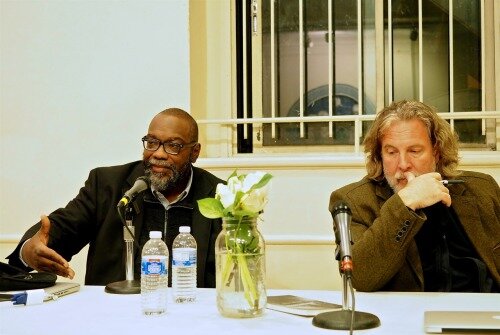2021-2022 Praxis Program Charter (Version 1.0)
We acknowledge that the land where we learn and work is the ancestral homeland and traditional territory of the Monacan Indian Nation. We pay respect to their elders and knowledge keepers – past and present. We acknowledge and pay respect to the enslaved Africans, enslaved laborers, and free Black laborers who built the University of Virginia, as well as their descendants.
This charter is a living document that will evolve as we grow together as a community. As is the case with all collective endeavors, many people and places nourish and inform our desire to cultivate accessible and equitable spaces of collective care, playful experimentation, and common good. Our acknowledgements section credits their contributions.
Ethos
- We will decenter performance and rigor in favor of generosity, joy, and experimentation.
- We will foster a communal space that disarms anxiety, depression, and alienating siloes, and, instead, foregrounds vulnerability. Although vulnerability can often cause one to recoil in fear, self-preservation, and paranoia, we see it as a place of potential, growth, and becoming.
- We will create an alternative space where failure is not feared but encouraged. We want to practice what Jack Halberstam coined as “the queer art of failure”: an understanding that failure, forgetfulness, and “stupidity” are weapons against harmful hegemonic systems. Our answers to questions like “What is success?” and “What is failure?” are therefore the same, for we welcome the lessons that our successes and failures teach us, and recognize that each of us are inherently capable and worthy individuals in spite of, and because of, them.
 “What kind of rewards can failure offer us? Perhaps most obviously, failure allows us to escape the punishing norms that discipline behavior and manage human development with the goal of delivering us from unruly childhoods to orderly and predictable adulthoods. Failure preserves some of the wondrous anarchy of childhood and disturbs the supposedly clean boundaries between adults and children, winners and losers. And while failure certainly comes accompanied by a host of negative affects, such as disappointment, disillusionment, and despair, it also provides the opportunity to use these negative affects to poke holes in the toxic positivity of contemporary life.” –Jack Halberstam, The Queer Art of Failure, 3
“What kind of rewards can failure offer us? Perhaps most obviously, failure allows us to escape the punishing norms that discipline behavior and manage human development with the goal of delivering us from unruly childhoods to orderly and predictable adulthoods. Failure preserves some of the wondrous anarchy of childhood and disturbs the supposedly clean boundaries between adults and children, winners and losers. And while failure certainly comes accompanied by a host of negative affects, such as disappointment, disillusionment, and despair, it also provides the opportunity to use these negative affects to poke holes in the toxic positivity of contemporary life.” –Jack Halberstam, The Queer Art of Failure, 3
Routine
- We will establish a concrete time and place to meet up as a team every week, and commit to attending and participating in those meetings (preferably in-person).
- The first thing we will do any time we meet is check-in with one another. Our physical, mental, and emotional health should always come first.
- We will regularly check-in about our assigned tasks and share updates about our individual goals.
- We will promote flexibility according to our schedules and individual needs, like keeping our “stressors calendar” updated and regularly communicating about impending events or tasks in our studies and/or lives.
- We will make time to socialize –– where we all meet for a drink and not talk about work (as long as it won’t create more stress).
Colloboration
To love each other even when we hate each other.
- We will emphasize empathy in all practices and processes of collaboration.
- We will learn to identify toxicity within ourselves and others.
- We will hold each other accountable in prioritizing our well-being.
- We acknowledge and credit all contributions to our work based on the Collaborators Bill of Rights.
- We will practice “calling in” rather than “calling out,” and accept constructive criticism and editing as acts of love and respect.
- We will formally ask each individual for their thoughts when making a decision, rather than assuming that silence means agreement. We will handle disputes promptly rather than allowing anything to fester, and value dissenting opinions. Following the footsteps of Audre Lorde, we will accept that difference is not only an ever-present part of any collaboration, but that working through the tensions between our differences is also key to personal growth and the development of our group.
- We will remember to chill: a 10-hour commitment is a 10-hour commitment.
 “Advocating the mere tolerance of difference . . . is the grossest reformism. It is a total denial of the creative function of difference in our lives. Difference must be not merely tolerated, but seen as a fund of necessary polarities between which our creativity can spark like a dialectic. Only then does the necessity of interdependency become unthreatening. Only within that interdependency of different strengths, acknowledged and equal, can the power to seek new ways of being in the world generate, as well as the courage and sustenance to act where there are no charters.” –Audre Lorde, Sister Outsider, 11.
“Advocating the mere tolerance of difference . . . is the grossest reformism. It is a total denial of the creative function of difference in our lives. Difference must be not merely tolerated, but seen as a fund of necessary polarities between which our creativity can spark like a dialectic. Only then does the necessity of interdependency become unthreatening. Only within that interdependency of different strengths, acknowledged and equal, can the power to seek new ways of being in the world generate, as well as the courage and sustenance to act where there are no charters.” –Audre Lorde, Sister Outsider, 11.
Mutual Goals
- Write a blog post together
- Write a paper (academic or otherwise) together about our project
- Get to know each other as people
- Create something everyone is invested in
- Have fun!
Personal Goals
Jacqui’s Personal Goals:
- Learn how to code, overcome gendered notions of what types of “stuff” I like and don’t like
- Learn how to be a better collaborator and how to collaborate in the humanities
- Learn about alt-ac careers, what to do with my PhD
- Practice flexibility, spontaneity
- Conceptualize a potential digital component to my dissertation
- Work on listening, not talking out of anxiety
- Get outside my comfort zone and be nice while doing it
Joseph’s Personal goals:
- Embrace the discomfort of knowing nothing and be willing to share my struggles
- Aid in creating an environment where being vulnerable is welcomed
- Always ask for help (despite my own insecurities)
- Learn how each of my colleagues communicates and support them in whatever capacity I can
- Remember that my health should always come first. Aside from rare instances, I need to hold myself accountable and work no more than the agreed upon hours
- Continue to move forward and be proud of my accomplishments no matter how slow the growth might be
- Remain grateful for this unique opportunity and carry that sentiment into my interactions with the Scholars’ Lab staff and my cohort
Jennifer’s Personal Goals:
- Learn how to use Python and coding to create useful tools for research and teaching.
- Become more comfortable with public engagement and interaction.
- Engage with the Scholar’s Lab and Digital Humanities community at large.
- Embrace frustration and failure as part of the process.
- Help to create a space in academia where vulnerability is possible.
Cherrie’s Personal Goals:
- Learn how to write elegant and effective code. I learned a bit of Python a few years ago, but I did not have the chance to substantially practice coding after the course.
- Learn from my colleagues and friends in different disciplines, including those in the digital humanities and the Scholars’ Lab. While I find my discipline (literary studies) immensely rewarding, I sometimes worry that its limitations ––whiteness, Anglocentrism, elitism, elevation of the written word––have constrained my thinking.
- Continue reimagining what the academic profession could one day become. There is much to feel disappointed about in our current moment, but it is precisely in moments of profound disappointment where new visions of a better ––and more sustainable––academic profession are needed the most.
- Protect my time and my space. Sometimes it’s important to take a step back from the clowns in our world.
Tarushi’s Personal Goals
- Gain a better, more confident sense of myself – what I do and do not bring to the table.
- Learn to detach my sense of self from my work – I am a whole person irrespective of the work I do.
- Related to the above, develop a better work-life balance; learn to tell myself, “It’s enough.”
- Work through what is unfamiliar and strange – whether in terms of concrete skills like coding - or social skills – with a sense of excitement, curiosity, and play.
- Develop the confidence to actually do.
- Breathe!
Susan’s Personal Goals
- To go through and answer all of Brandon’s “Questions to ask of yourself and your project”.
- I would like to actively familiarize myself with the history and shortcomings of DH as a field and as a methodology.
- Throughout this year I would like to become more comfortable with public scholarship and engagement. I would also like to find healthier ways to engage with others online and on social media platforms like Twitter. I find academic Twitter to be a toxic cesspool of self-aggrandizement and shameless, performative self-promotion. Is there another way? Are there people modeling healthier online personas and fostering more caring online environments? I would like to find those people and places, while cultivating my own voice.
- To think creatively, critically, and openly about alt-ac careers that honor my values, my interests, my mental health, and my right to unexploited labor.
- To confront, conceptualize, and practice what it means to be a subversive intellectual. In the words of the Undercommons, “the subversive intellectual enjoys the ride and wants it to be faster and wilder; she does not want a room of his or her own, she wants to be in the world, in the world with others and making the world anew” (10).
- To practice coding expansively, creatively, and to embrace different perspectives.
- To be patient and forgiving with myself.
- To forgo “solitary” perfectionism (Lestock, “Processing Praxis”).
- To ask for help.
- To connect and stay connected with our cohort and with the Scholars’ Lab team and to do so with intention and curiosity.
- To care for my mind and body.
- To embrace gut feelings and gut knowings, especially when I get lost far into my head.
- To learn how to use a sewing machine (see you soon Ammon).
Acknowledgements
We thank the UVA Library’s Scholars’ Lab staff –– Jeremy Boggs, Rondra Grizzle, Shane Lin, Ammon Shepherd, Brandon Walsh, and Amanda Viscontti –– for their rich feedback and commentary on this document, and all the previous Praxis cohorts for the examples that they have set.
Our Bookshelf
The following texts have shaped this document. We have cited some in the charter while others have influenced us in more implicit ways. We include them here to highlight those who have inspired us so that they might, in turn, inspire you.
- Halberstam, Jack. The Queer Art of Failure.
- Harney, Stefano and Fred Moten. The Undercommons: Fugitive Planning and Black Study.
- Lorde, Audre. Sister Outsider.
- Moraga, Cherríe and Anzaldúa, Gloria (eds.). This Bridge Called My Back.





